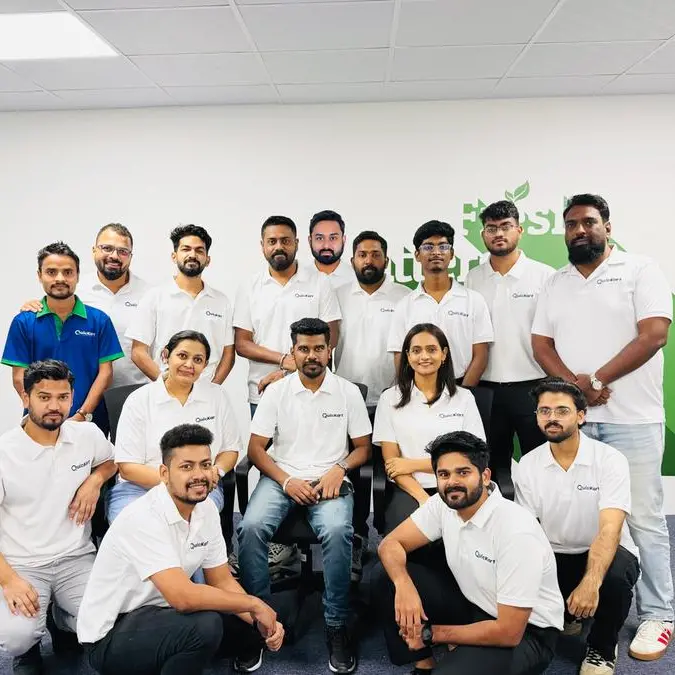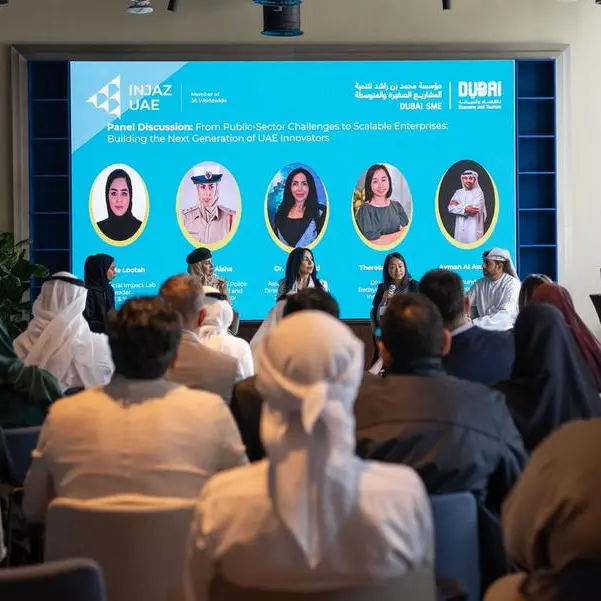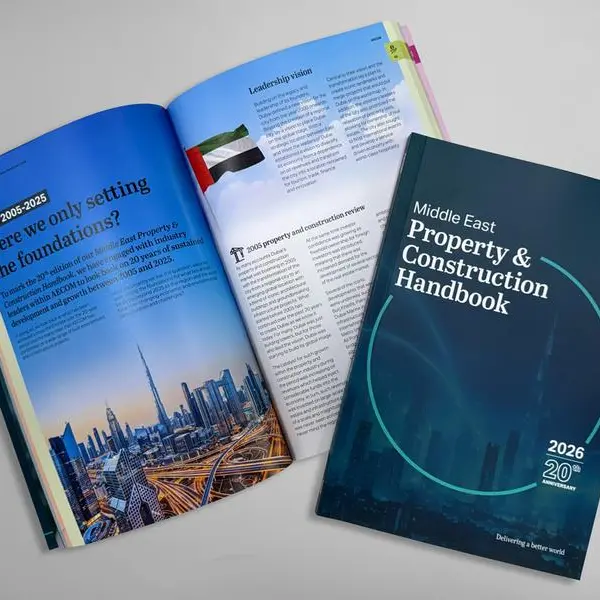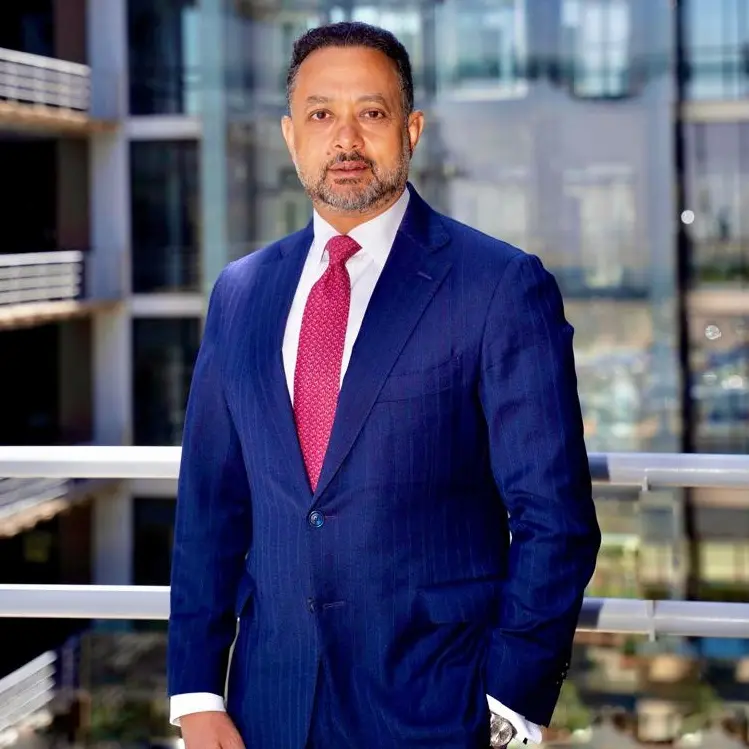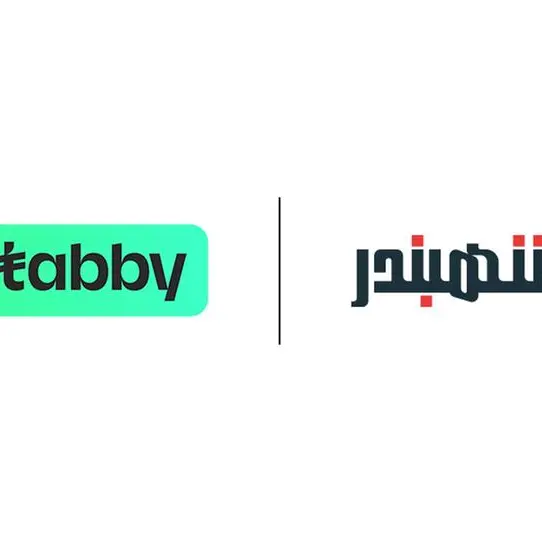Two-thirds of the Middle East are willing to replace human doctors with AI and robots
o Willingness in EMEA at 55%; with 66%, 65% and 62% in Saudi Arabia, Qatar and the UAE respectively
A combination of clinical workforce shortages and a young, digitally savvy population in the Middle East means the region could leapfrog other countries in AI and robotics in healthcare, PwC expert says
Accessibility and accuracy seen as benefits, while trust and the human element are key challenges
Report highlights next steps for government, business and the profession
16th April 2017, Dubai, UAE Will artificial intelligence (AI) and robotics in medicine replace the human clinician? Not yet, but healthcare is changing and the public is ready. According to a PwC study, a majority of consumers are willing to receive care from these advanced technologies, which have the potential to transform healthcare delivery to make it better, faster and more accessible for all.
The findings are explored in PwCs report What doctor? Why AI and robotics will define New Health which is based on a commissioned survey of over 11,000 people from 12 countries across Europe, the Middle East and Africa. Across the EMEA region, more than half of respondents (55%) said they were willing to use advanced computer technology or robots with AI that can answer health questions, perform tests, make a diagnosis and recommend treatment.
Three main themes emerged from the findings:
- People are increasingly willing to engage with AI and robots if it means better access to healthcare
- Speed and accuracy of diagnosis and treatment is a critical factor for this willingness
- Trust in the technology is vital for wider use and adoption; the human touch remains a key component of the healthcare experience.
Emerging markets are most open to rely on technology for their care
For all questions throughout the survey, a pattern emerged between developed and emerging economies. People in countries with well-established, and therefore less flexible, healthcare systems (UK and Western/North Europe) were willing to engage with a non-human healthcare provider, but less so than those in emerging markets where healthcare is still being shaped and formed.
Fig 1: Percentage of respondents willing/unwilling to engage with AI and robotics for their healthcare needs (by country)
The survey found that even in the operating theatre, respondents would be willing for a robot to perform a minor surgical procedure instead of a doctor, with close to half and up to 73% of all respondents willing. In the Middle East, willingness ranged from 50% for the UAE to 55% in Saudi and Qatar. Respondents in Nigeria, Turkey and South Africa were the most willing to undergo minor surgery performed by robots (73%, 66% and 62% respectively), with the UK the least willing (36%).
Perhaps unsurprisingly, the situation changed dramatically when it came to major surgery, such as replacement of a knee or hip joint, removal of a tumour, or heart surgery. Even so, a significant percentage of respondents are still willing to undergo major surgery performed by a robot: ranging from 44% in the UAE and Saudi Arabia to 45% in Qatar, compared with 27% in the UK.
The survey also explored the key drivers for a persons willingness or unwillingness to use an AI-enabled or robotic health procedure or service. Easier and quicker access to healthcare services (36%) and speed and accuracy of diagnoses (33%) were the primary motivators for willingness, with lack of trust in robots being able to make decisions (47%) and lack of the human touch (41%) as the primary reasons for their reluctance. Although percentages varied across countries, these top two advantages and disadvantages were cited in this order across all countries with the exception of Saudi Arabia and Qatar, where respondents felt the lack of human touch was the biggest disadvantage.
Dr Tim Wilson, Middle East Health Industries Leader, PwC, says:
Whether we like it or not, AI and robotics are the future of healthcare, and the Middle East is poised to take advantage. Access to quality, affordable healthcare, and good health for everyone are the ultimate goals of all health systems, including the Middle East. And when you combine clinical workforce shortages in the Middle East, with more positive factors like a young, digitally minded population that, according to our survey, is willing to adopt AI and robotics, PwC thinks the Middle East could leapfrog other countries in these technologies. We would like to see the Middle East invest and become a global centre of excellence for AI and robotics in healthcare, bringing benefits locally and becoming a place that other countries look to for healthcare innovation.
Next steps for government, business and the profession:
- Governments need to create quality standards and a regulatory framework which are applicable to and obligatory for the entire healthcare sector, as well as the appropriate incentives for adopting new approaches.
- Healthcare professionals need to understand how AI and robotics have the potential to work for and with them in a medical setting as well as throughout the healthcare eco-system, and be open to change.
- Patients need to become more accustomed to AI and robots and discover its benefits for themselves.
- The private sector developing AI and robotics need to create solutions to solve the big issues of demand and resource that every health system faces. In essence, by providing AI and robotic-driven solutions, the private sector has the opportunity to disrupt healthcare for the good.
- Decision-makers at healthcare institutions need to develop an evidence base, measure the success and the effectiveness of the new technology and prioritise and focus on what consumers want and need.
Dean Arnold, Europe, Middle East, Africa Leader, Health Industries, PwC, says:
Its clear that people are becoming more and more willing to embrace new technologies such as AI and robotics for their healthcare needs. But governments, businesses and the healthcare profession as a whole need to start thinking very differently about how we provide healthcare to our citizens. We need to think very carefully about our implementation strategy for different parts of the world. There will be challenges for all of us.
-Ends-
The survey was conducted in November 2016 by YouGov, the worlds premier qualitative and quantitative research suppliers. 11,086 people from 12 countries participated in an online survey, including:
- Nationally representative samples for Belgium, Germany, the Netherlands, Norway, Sweden, Turkey and the UK
- Urban representative samples for Nigeria, Qatar, Saudi Arabia, South Africa, and the UAE
To download a copy of the report, visit http://pwc.to/2ncSFRZ
About PwC
At PwC, our purpose is to build trust in society and solve important problems. Were a network of firms in 157 countries with more than 223,000 people who are committed to delivering quality in assurance, advisory and tax services. Find out more and tell us what matters to you by visiting us at www.pwc.com.
Established in the Middle East for 40 years, PwC has firms in Bahrain, Egypt, Iraq, Jordan, Kuwait, Lebanon, Libya, Oman, the Palestinian territories, Qatar, Saudi Arabia and the United Arab Emirates, with around 4,000 people. (www.pwc.com/me).
PwC refers to the PwC network and/or one or more of its member firms, each of which is a separate legal entity. Please see www.pwc.com/structure for further details.
Rasha Adi, PwC Middle East
Tel: +971 (0) 56 682 0550
e-mail: rasha.adi@pwc.com
More details: http://pwc.to/2ncSFRZ
Follow/retweet: @PwC_Middle_East
Press Release 2017
